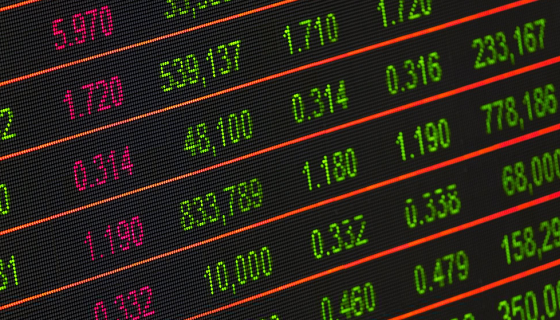
Everyone who’s dabbled in dividend stocks has had this idea before, and if you haven’t — no, it does not work. On paper, it sounds like easy money: buy a high-yield dividend stock, grab the dividend, and sell right after… but it doesn’t quite always work out they way you want it to.
High-Yield Stocks Typically Go Down
Most high-yield dividend stocks go down over time. A lot of these stocks are real estate investment trusts (REITs), which is like getting into real estate without getting into real estate. The trend with REITs and many high dividend stocks is that they decline over time. Just pull up the max charts on a couple if you don’t believe me. If you’re buying the stock before the ex-dividend and planning to sell it right after but the stock starts dropping, you’re going to have a hard time coming out on top.
Dividend Stocks Dip Before Ex-Dividend
Timing the market and trying to get the dividend stock at a good price before ex-dividend is pretty hard. You have to own the stock for at least one business day prior to the ex-dividend date to qualify for the payout. This means you have to buy it two days in advance for everything to clear. You also have to keep in mind the stock usually drops by the amount the dividend pays out. Let’s use AGNC as an example. If you look at the price of AGNC at T-2 (two days prior) to the ex-dividend date and the price after the ex-dividend date, it dropped 7 out of 12 months of the year.
| DATE | T-2 EX-DIVIDEND | EX-DIVIDEND | PRICE CHANGE |
|---|---|---|---|
| 31-Dec-24 | $9.33 | $9.17 | ($0.22) |
| 29-Nov-24 | $9.64 | $9.67 | $0.02 |
| 31-Oct-24 | $9.54 | $9.48 | ($0.23) |
| 30-Sep-24 | $10.40 | $10.41 | $0.06 |
| 30-Aug-24 | $10.28 | $10.16 | ($0.07) |
| 31-Jul-24 | $10.10 | $10.07 | ($0.09) |
| 28-Jun-24 | $9.67 | $9.59 | ($0.13) |
| 31-May-24 | $9.47 | $9.49 | $0.12 |
| 29-Apr-24 | $9.24 | $9.25 | $0.00 |
| 27-Mar-24 | $9.79 | $9.68 | $0.00 |
| 28-Feb-24 | $9.54 | $9.40 | ($0.15) |
| 30-Jan-24 | $9.81 | $9.77 | ($0.22) |
Good luck guessing correctly every time.
Dividends are Taxed at Income Rates

Dividends are usually taxed at ordinary income rates unless held in a tax-advantaged account, which can significantly reduce net returns. Not only that, frequent trading leads to more transaction costs and exposure to bid-ask spreads, further chipping away at profits. So even if you do come out on top using this strategy, most of the time it’s really not worth it for the marginal gains.
My recommendation? Just sell covered calls if you want guaranteed money.
